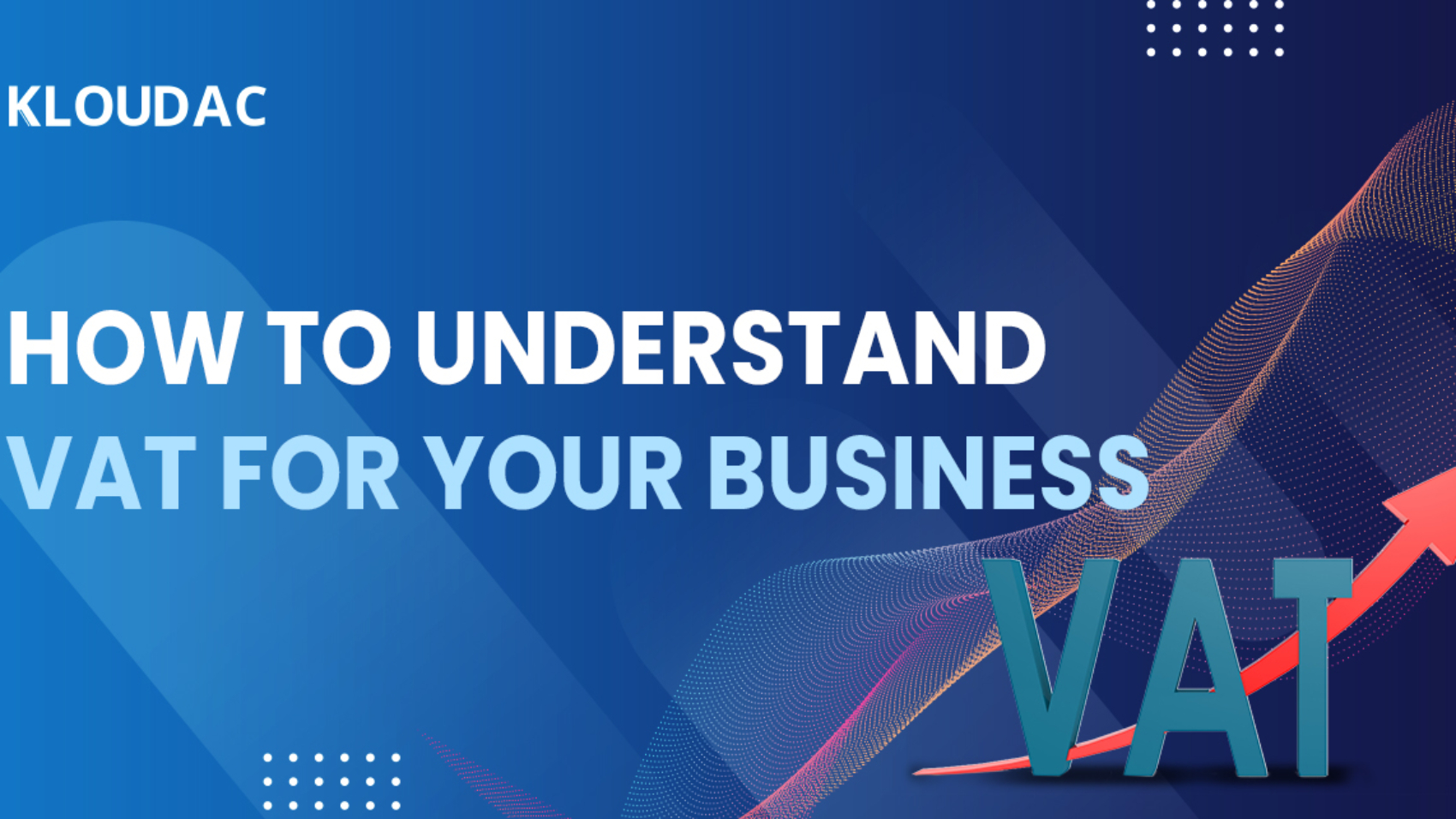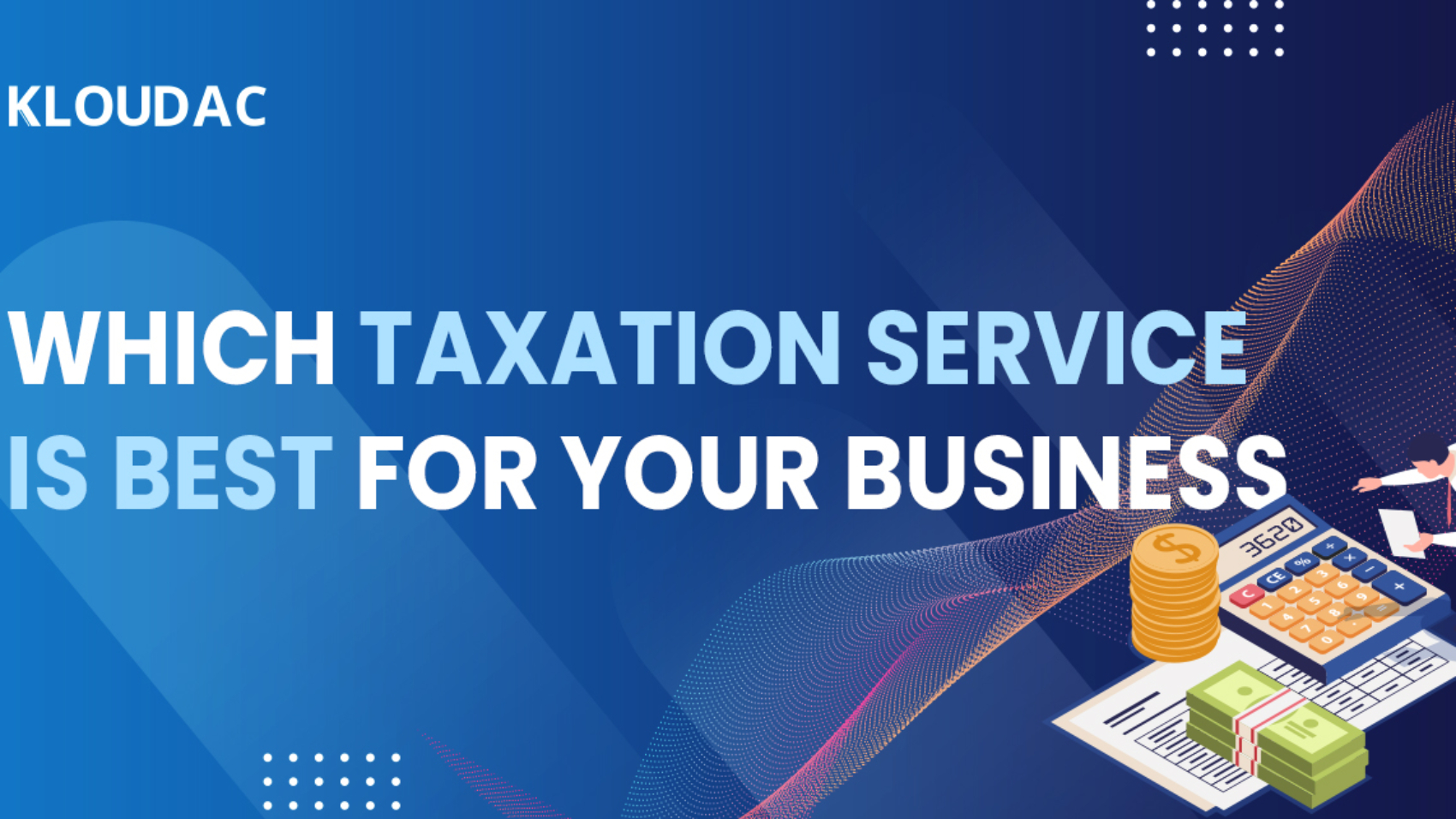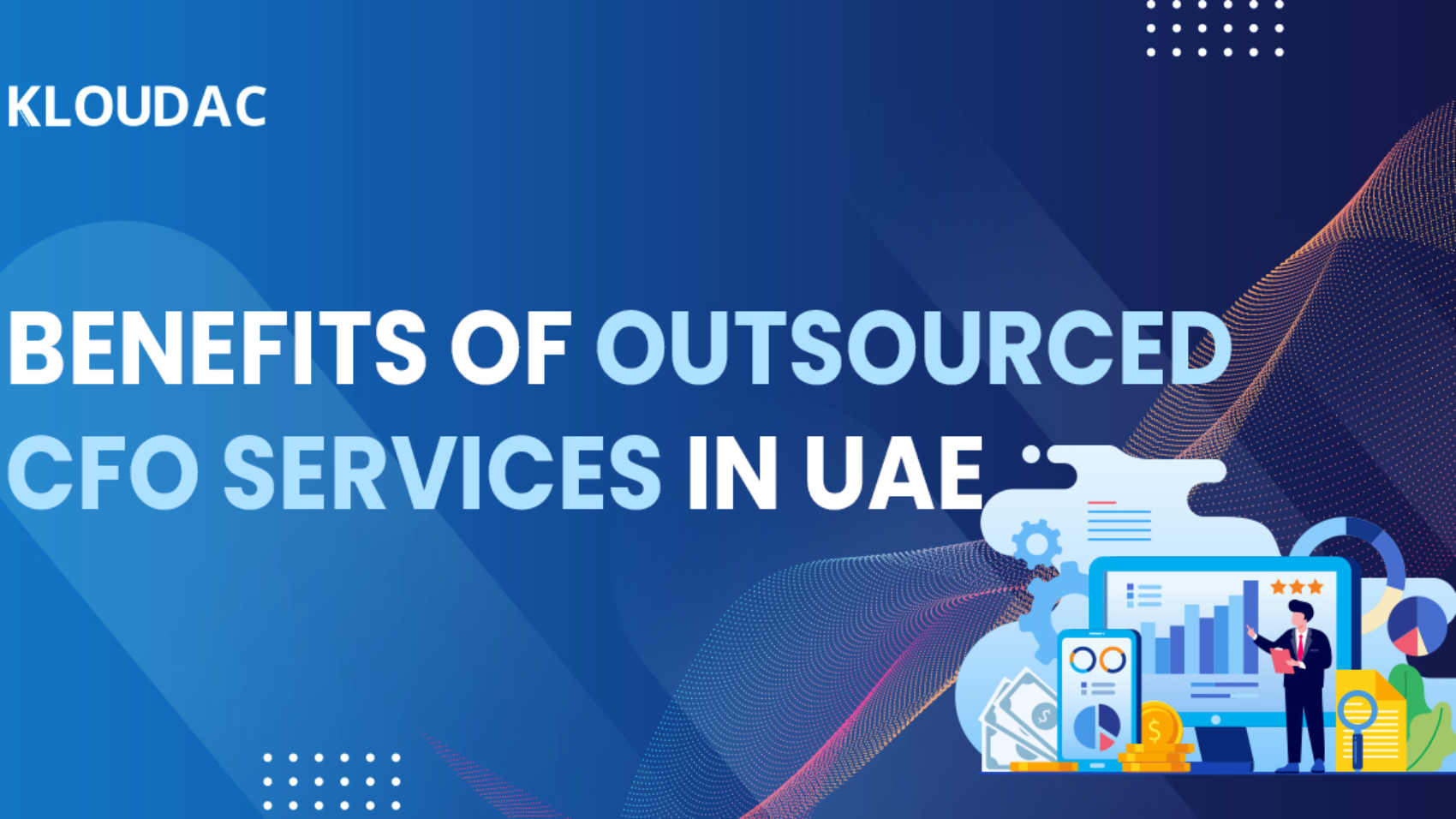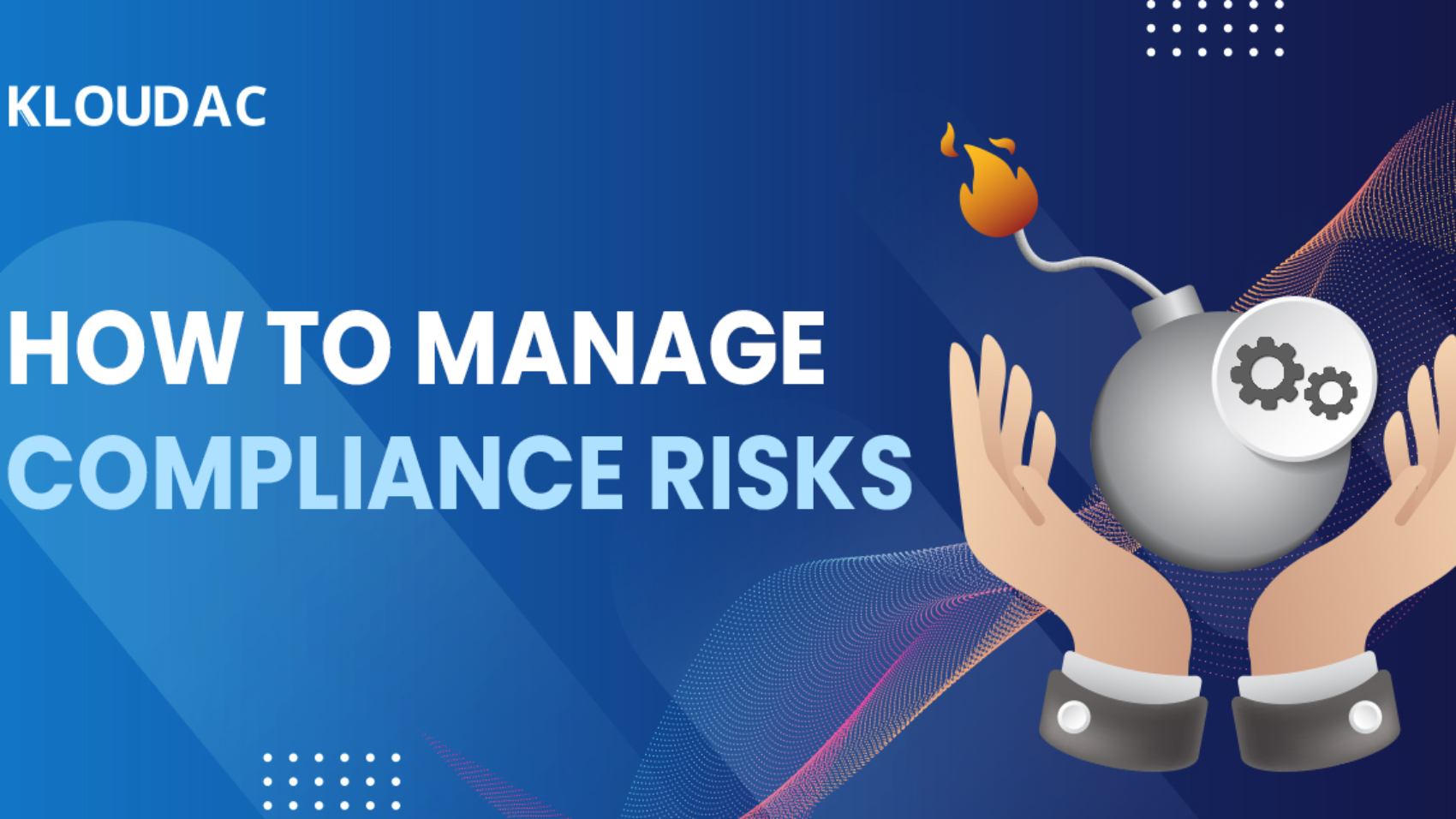How Does Corporate Tax Affect Business Owners in the GCC?
In order to draw foreign investors and business owners, the Gulf economies have maintained low or even zero tax rates. Due to the region’s typically advantageous tax regimes, the GCC remains a desirable place for international investment. However, a number of adjustments have been made to diversify the region’s income streams while reducing its reliance on traditional revenue sources. While other countries implement new tax structures, certain countries have previously enacted value-added taxes.
What does corporation tax mean and How does this impact foreign nationals?
A type of direct tax that is levied on business profits is the corporate tax. KLOUDAC gives an end-to-end explanation on all you need to know about UAE corporate tax. In addition to paying taxes on their income, business owners also have to pay taxes on their output, employees, property, and environmental impact.
Non-residents who conduct business in a GCC country through a permanent establishment are subject to corporate tax. Entrepreneurs or business owners in a variety of areas, most notably oil and banking, owe it in multiple GCC countries.
Additionally, there are a lot of government fees and taxes applied to the region’s business sectors.
Why is taxation being promoted with such vigor?
Although personal income taxes are still unheard of in the Gulf, several countries have introduced a value-added tax on consumption, with Saudi Arabia raising the rate to 15% in 2021.
Which countries in the Gulf Cooperation Council (GCC) have a corporate tax system?
Corporate tax rates have decreased internationally from about 50% to about 20% as countries compete for inward foreign investment. However, because these taxes are being applied for the first time, the GCC is an outlier.
The UAE declared that as of June 1, 2023, business earnings will be subject to a 9% tax in the UAE. Bahrain is contemplating adopting it in 2023 as well.
Certain individual Emirates have imposed a limited corporate tax at rates as high as 55% with regard to oil and gas development and production as well as the offices of foreign banks operating in the United Arab Emirates (UAE). UAE, in contrast, has no business tax.
What function does corporate tax serve in the Gulf Cooperation Council (GCC) economies?
Corporate tax rates vary widely amongst countries, with some being considered tax havens due to their low rates. Various deductions could lower corporation taxes. As a result, the corporate tax rate that a company actually pays is typically lower than the statutory rate, which is the rate that is declared before any deductions.
For business owners, paying additional corporate taxes may be preferable to paying additional individual income taxes. A government uses the money it collects from company taxes as a source of revenue.
VAT and corporation taxes are different. The majority of governments derive their primary revenue from taxes. Taxes help governments to increase their revenue and pay for public spending, but there is a big difference between company taxes like direct taxes and VAT like indirect taxes and excise taxes.
Indirect taxes that are gathered by businesses on behalf of the government include VAT and excise taxes. They should be considered consumption taxes paid by the final customer.
For businesses that operate or want to invest, the absence of a corporation tax makes the country very attractive. For these reasons, the decision to impose VAT and excise tax was widely supported, and direct taxes on businesses have typically been very low.
Which non-resident corporations might benefit from tax treaties?
The number of double taxation agreements (DTTs) between the GCC and other countries is growing. Tax treaties have a considerable positive impact on non-residents who establish long-term businesses abroad or lessen their exposure to withholding taxes in the four GCC countries. There is no withholding tax or other type of tax for non-residents of the United Arab Emirates.
Most countries require withholding taxes be deducted from work income. The payment of interest and dividends is also subject to withholding taxes in several nations.
The GCC countries’ business tax tracking system.
Using online portals, businesses in the Gulf Cooperation Council (GCC) countries are now submitting their tax returns, contracts, and other papers. By making it simpler for tax authorities to cross-verify data, tax audits can be started when there are deviations from accepted standards.
Regardless of your ownership of a small or large organization, paying the right amount of tax is essential. You can make the right payment by being aware of the rules and laws governing business tax in the UAE. However, running a business comes with a lot of responsibilities, and staying current on tax law changes can be difficult and time-consuming.
KLOUDAC Accounting Firm Dubai, UAE
It would be beneficial if you obtained tax advice from experts in the field. Do not hesitate to get in touch with KLOUDAC for more details regarding our corporate tax in the UAE. Our crew has demonstrated experience in UAE tax issues while providing specialized tax services for a range of local businesses.









